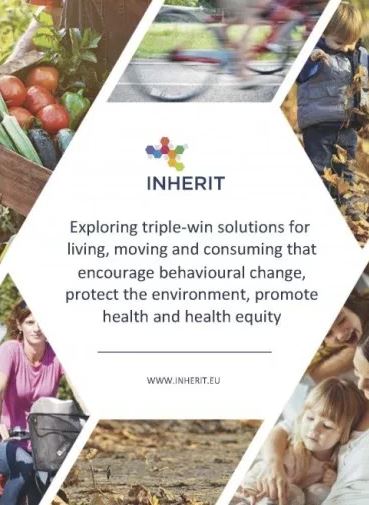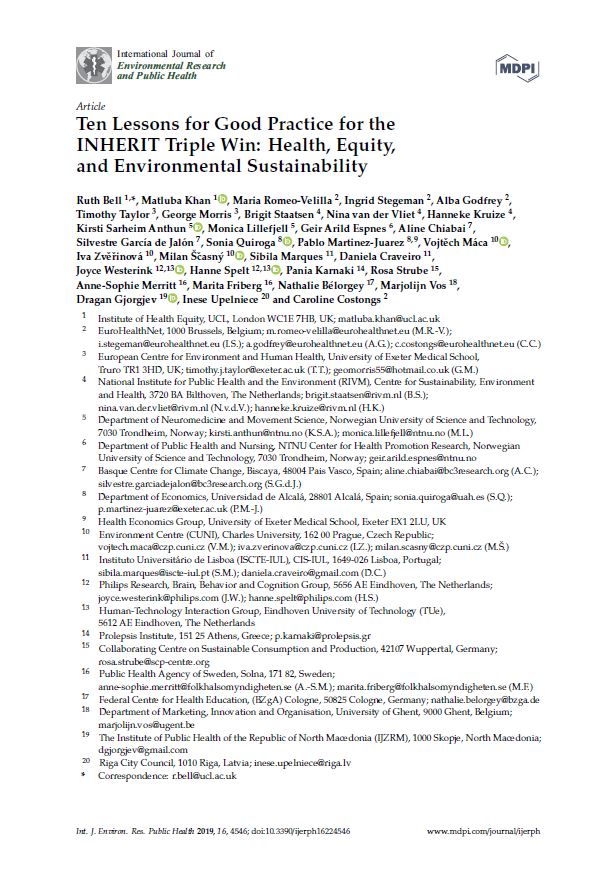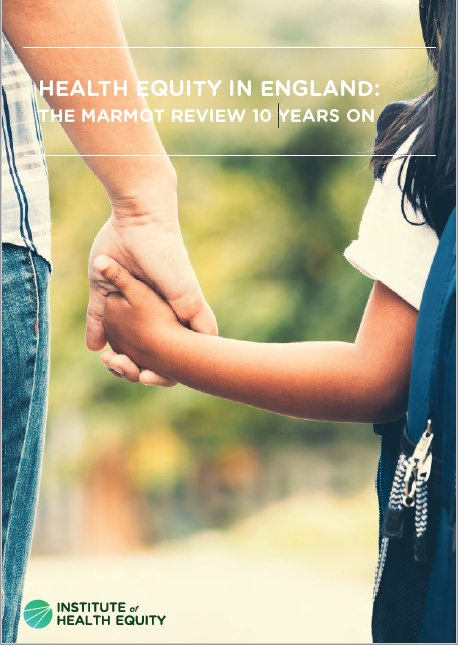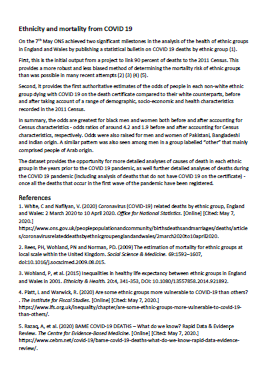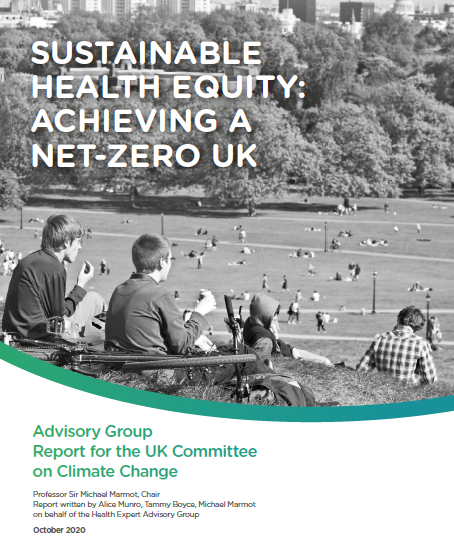
Sustainable Health Equity: Achieving a Net-Zero UK
The UCL Institute of Health Equity (IHE) was commissioned by the UK Committee on Climate Change (CCC) to develop recommendations that could both improve the nation’s health, reduce health inequalities and achieve Net-Zero carbon emissions by 2050.
Professor Sir Michael Marmot was asked by the CCC to chair an independent UK Health Expert Advisory Group in January 2020 to advise on the potential health impacts of the government’s carbon reduction targets. Those targets have informed next month’s sixth carbon budget, which will present options for achieving Net-Zero emissions.
The Advisory Group highlight how the direct and indirect impacts of climate change will likely widen existing health inequalities in the UK. The Group warns if health equity isn’t considered when developing policies to reduce greenhouse gas emissions, there is a risk that their benefits to health, such as cleaner air, healthier average diets and lower home energy bills, will be unequally distributed.
Direct impacts on physical and mental health of climate change are created by changing exposure to heat and cold, increased exposure to UV radiation, air pollution, pollen, emerging infections, flooding and associated water-borne diseases, and the impacts of extreme weather events such as storms and floods.
Indirect impacts occur as a result of climate change’s impacts on the livelihoods of individuals, on prices of food, water and domestic energy; on utilities and supply chains that are at risk from extreme weather conditions; on global security – and on the increasingly complex interactions between these factors.
Commenting, Professor Sir Michael Marmot, Advisory Group Chair and Director of the UCL Institute of Health Equity (IHE) said:
“When we talk about climate change health inequalities are often forgotten. Action to improve health equity can be consistent with measures to reduce GHG emissions. But this requires careful consideration of who benefits and who pays for different policy measures: the costs must not be unfairly borne by people on low incomes, who bear least responsibility for the emissions that cause climate change.
To avoid this health equity must be an explicit policy goal of achieving net-zero emissions by 2050. If we are to achieve a green recovery we need to take a leaf out of New Zealand’s book and switch emphasis from GDP to wellbeing in measuring our country’s economic success.”
The report identified four key areas for action:
- Minimising air pollution
- Building energy efficient homes
- Promoting sustainable and healthy food
- Prioritising active and safe transport
Read the Press Release of the UK CCC report

